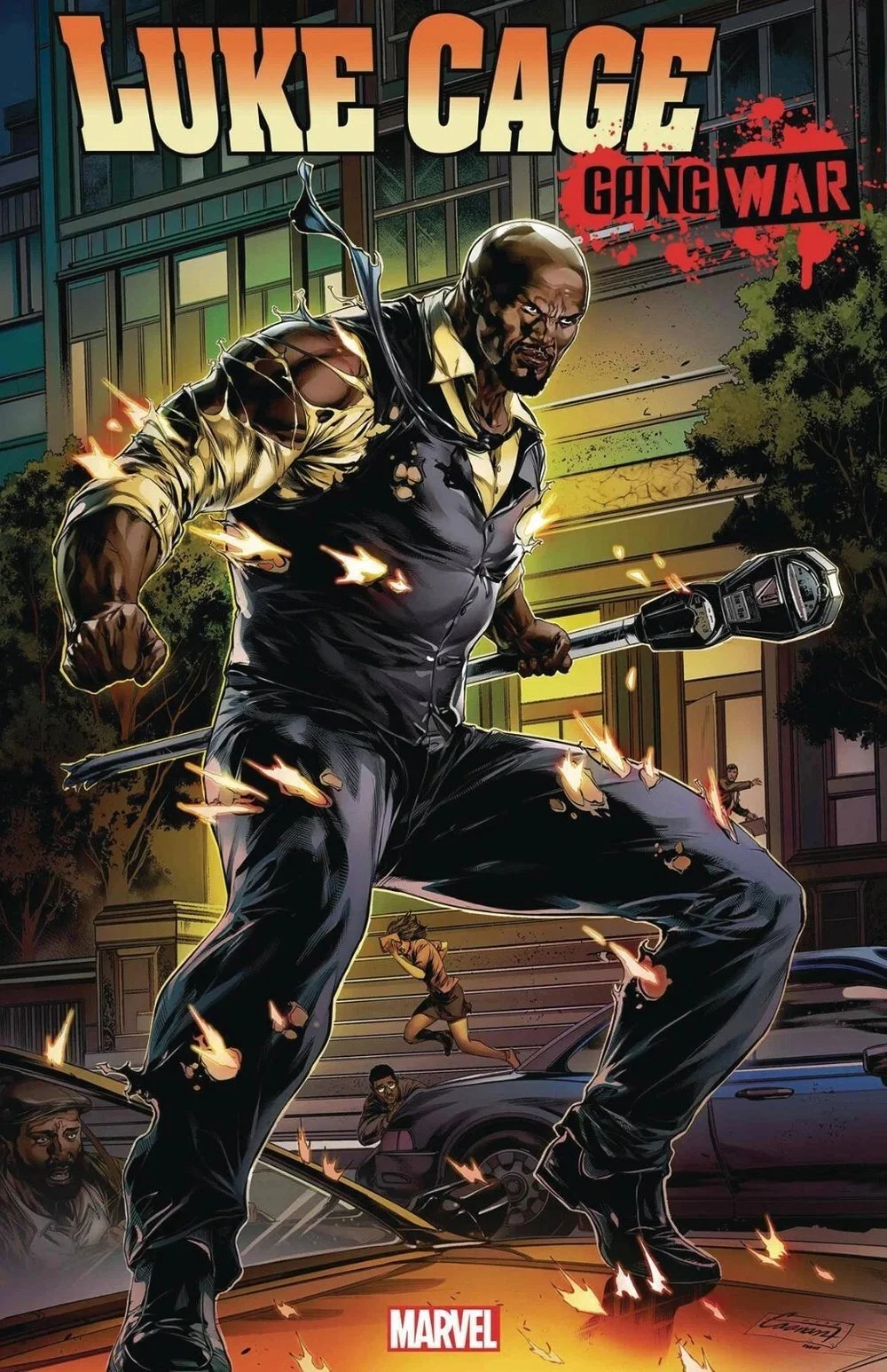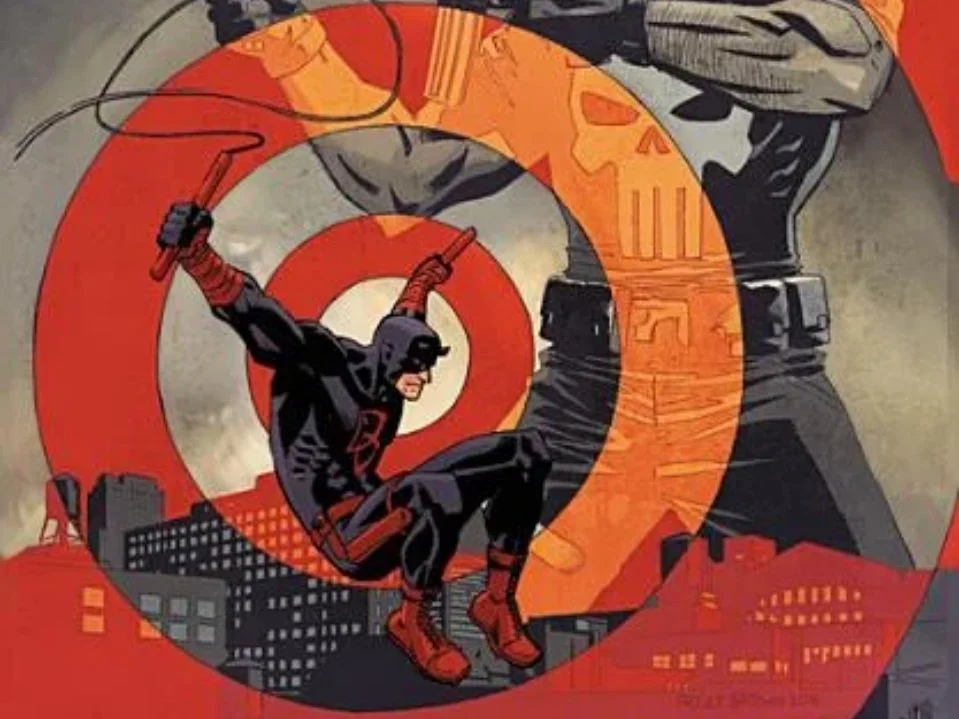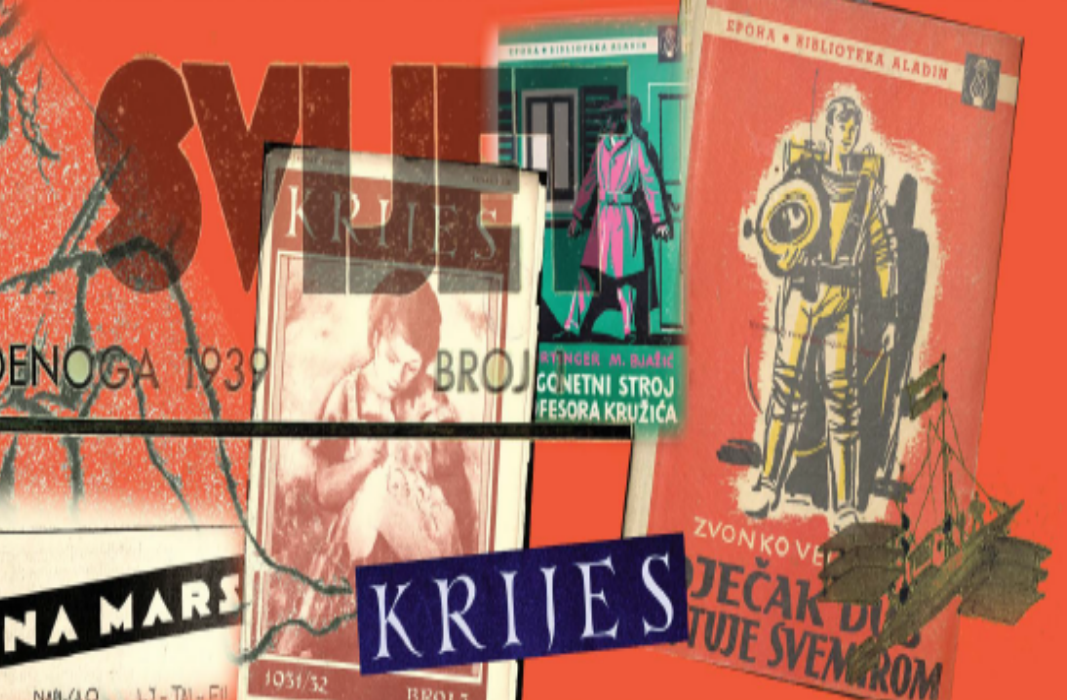Welcome to My Scholarship Blog!
Hi everyone,
Thank you for checking out the blog! The purpose of this blog is to update you on my scholarship. Updates will come in the form of short posts per scholarly product, meant to give you a sense of its aim(s) and core idea(s). When relevant, links to either a source or its reference will be provided. For topical shortcuts, check out the tags below.
The Art of Storytelling: Archetypes in Focus (2025)
Martin, J. F. (2025, May). The Primacy and Potential of Superhero Narratives: Insights from Developmental Psychology. Paper presented at the Art of Storytelling: Archetypes in Focus Conference for the London Arts Based Research Center, Oxford University [I Presented Online].
Relevant publication(s): Black Panther (2021), Comics and Citizenship (2023), Superheroes and Children’s Moral Understanding (2023), and Social Superheroes (2024)
Humans, Mutants, and the World as Understood in Grant Morrison’s New X-Men
Drawing on theorized fundamental human freedoms, Social Cognitive Domain Theory, and Christian philosophy, the chapter highlights how beliefs about the nature of reality animate Grant Morrison’s New X-Men.
Daredevil and the Letter-Spirit Distinction
Drawing on Social Cognitive Domain Theory and Christian philosophy, the chapter explores the centrality of Daredevil’s understanding of and response to the distinction between the letter and spirit of the law.
Time Travel, Alternate Realities, and Moral Judgments in Agents of S.H.I.E.L.D.
Explores the theme of choice in the Agents of S.H.I.E.L.D. television series, particularly regarding the choices characters make against the backdrop of time travel and alternate realities. Draws on sociological and psychological explanations of key events in seasons four and five to elucidate the important role assumptions about the world and our place in it play in the moral decisions the characters make.
Jean Grey, Ambiguity, and the Superhero Mission
Explores how the Phoenix and Dark Phoenix sagas, as told in X-Men: The Animated Series demonstrate how beliefs can inform people’s morally-relevant treatment of others. Highlights the roles of ambiguity and disagreement in understanding Jean Grey’s superhero mission.
Daredevil: Born Again and the Paradox of Vigilantism (2025)
Philosopher Paul Ricoeur, speaking on justice, notes that while injustice is ubiquitous throughout society, whereas how to best address it is not. Or, put another way, it is easier to identify what is morally wrong in social relations than to ensure those relations are morally right. Vigilantes exemplify this discrepancy, and one notable example is Daredevil: Born Again.
Superhero Justice (2025)
The findings suggesting that people understand morally relevant actions involving antagonists differently than those involving others–coupled with the fact that various forms of this distinction feature heavily in superhero narratives (e.g., hero-villain, criminal-victim, innocent-guilty, malevolent force-unwitting host)–point to a potential area of scholarly inquiry when thinking about what it means to treat others fairly across different contexts.
U.S. and Indian Adults’ Perceptions of Superhero and Supervillain Moral Transgressions (2024)
Given the dearth of research on superheroes and supervillains, questions concerning the extent and nature of (apparent) normative and contextual features that influence people’s understanding of these characters are open ones. Are evaluations of certain acts committed by superheroes and supervillains more prone to certain localized cultural norms and understandings than others? What about attributions of certain traits?
Social Superheroes (2024)
Constructivist analyses of Black Panther, Luke Cage, and Bishop help reveal some of the ways superheroes, despite their consistent motivations and frequent predictability (e.g., in terms of the motivations of many of their villains, use of violence, etc.), are both socially responsive to and adaptive within their differing social contexts. They are embedded in varied social interactions and relationships–an embeddedness that has implications for both pedagogy and scholarship.
Lucas Bishop (2024)
By trying to understand the nature of the decisions made by such a complex and multifaceted character (the X-Man Bishop)—one who, despite occupying various positions within and outside of the law across dystopian and non-dystopian social arrangements, consistently fights to alter them in the face of injustice—we may come to a slightly better understanding of ourselves.
Superheroes and Children’s Moral Understanding (2023)
The potential benefits of using superhero media as a context to study older children’s more interpretive or constructivist view of the mind may include familiar characters, the consistency of morally relevant considerations, and the frequent comparison of superheroes and supervillains across contexts that parallel those within children’s social worlds.
Centenary University (2023)
Martin, J. (2023, October). Toward a Developmental Analysis of Superhero Media: Lessons from Wakanda. Guest lecturer for English 1105: Superheroes and Society at Centenary University, Hackettstown, NJ (Pre-Recorded on September 26th, 2023)
Relevant publication(s): Black Panther (2021), Comics and Citizenship (2023), and Social Superheroes (2024)
Luke Cage (2023)
Insofar public corruption, crime, and institutional distrust inform many Harlemites’ understanding of Harlem and their place in it, Luke Cage’s superhero mission needs to be understood as coterminous with Harlemites’ experiences, behaviors, and beliefs concerning these matters.
American Sociological Association (2023)
Martin, J. F., & Strong, M. T. (2023, August). Dimensions and decisions: Time travel, alternate realities, and moral judgments. Paper presented at the one-hundred eighteenth annual meeting of the American Sociological Association [Sociology of Cultures Roundtables; I did not attend], Philadelphia, P.A.
Relevant publication(s): Agents of S.H.I.E.L.D. and Moral Judgments (In Progress)
Eastern Washington University (2020, 2023)
Martin, J. (2023, April). Toward a Developmental Analysis of Superhero Media: Lessons from Wakanda. Guest lecturer for Public Philosophy Night at the Spokane Public Library, hosted by Eastern Washington University, Spokane, WA.
Relevant publication(s): Black Panther (2021), Comics and Citizenship (2023), and Social Superheroes (2024)
Comics and Citizenship (2023)
These features are explored through analyses rooted in three distinct disciplines and applied to three superheroes whose narratives are often rooted in the communities in which they live: sociology (Daredevil and Hell’s Kitchen), psychology (Black Panther and Wakanda), and citizenship education (Batman and Gotham).
Popular Culture Association (2019, 2021, 2022)
Martin, J. (2019, April). Wakanda’s wisdom: Agreement, disagreement, and the complexities of social life. Paper presented at the forty-ninth annual meeting of the Popular Culture Association/American Culture Association, Washington, D.C.
Relevant publication(s): Black Panther and Development (2019), Black Panther and Civics (2021)
Letizia, A., & Martin, J. (2021, June). From super to civil: What Marvel’s Civil War conflict can teach us about society and freedom. Paper presented at the fiftieth annual meeting of the Popular Culture Association/American Culture Association, Online.
Martin, J. (2022, April). Cold-Hearted: An analysis of Mr. Freeze through the lens of moral development. Paper presented at the fifty-first annual meeting of the Popular Culture Association/American Culture Association, Online.
Relevant publication(s): Mr. Freeze and Moral Development (2023)
Association for Moral Education (2007, 2019, 2020, 2021)
Martin, J. (2019, November). Superheroes, society, and…social studies?: Superhero narratives and their potential to facilitate socio-moral discourse. Paper presented at the forty-fifth annual meeting of the Association for Moral Education, Seattle, WA.
Relevant publication(s): Black Panther and Civics (2021), Comics and Citizenship (2023), and Luke Cage and Civil Discourse (In Progress)
Capes, Conflict, and Co-Viewing (2021)
These discussions may stimulate children’s understanding of the events observed in superhero narratives and conceptual associations between these fictional events and everyday events they experience or witness.




















